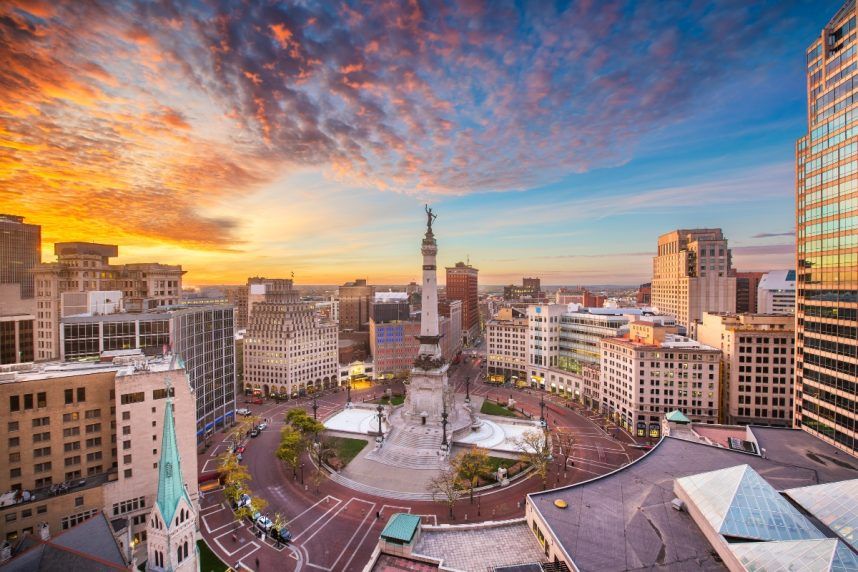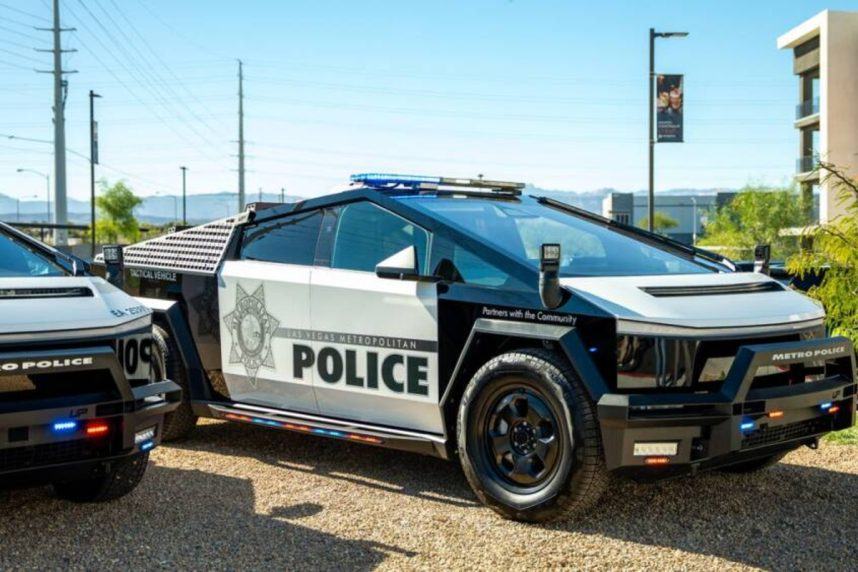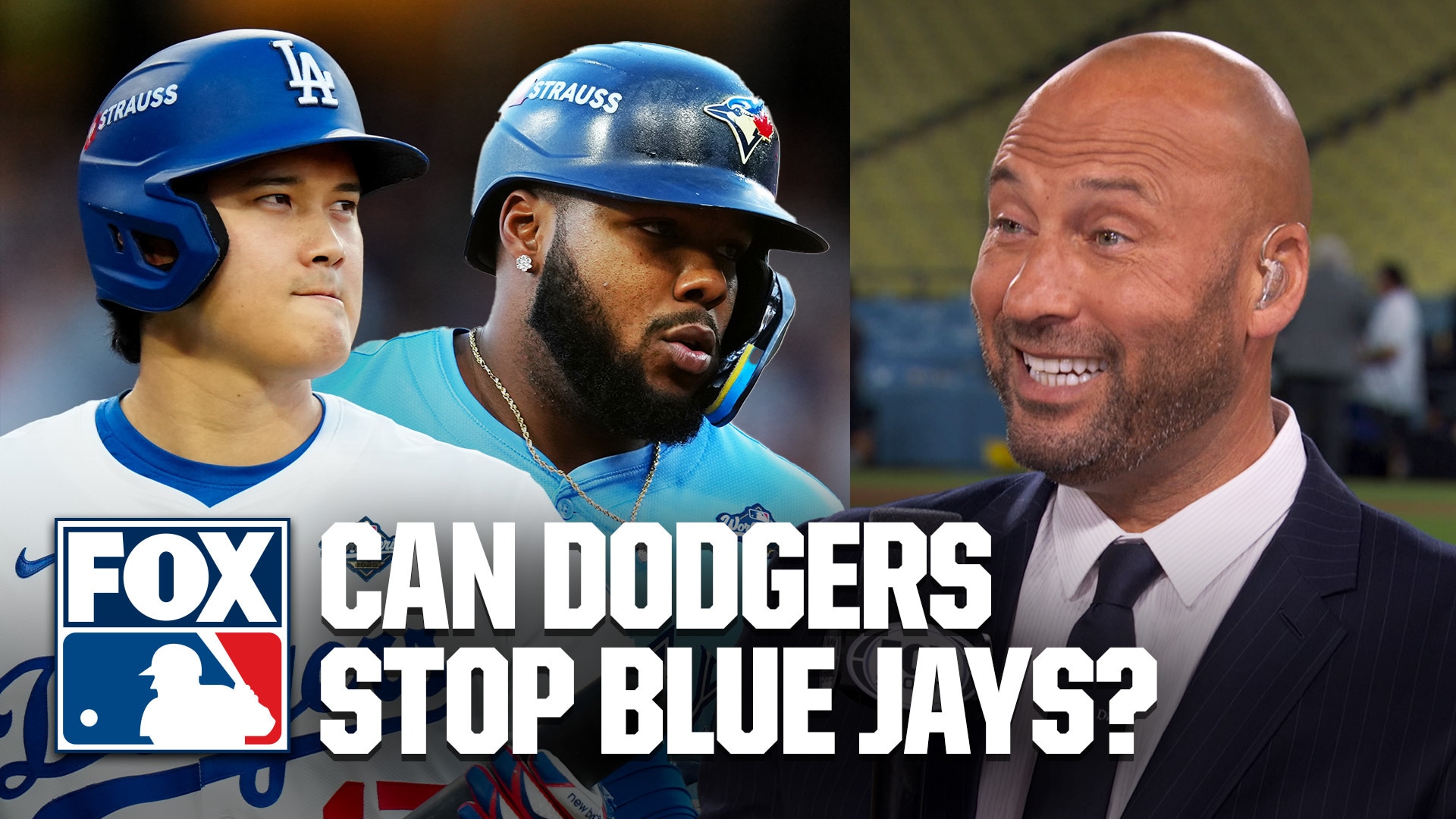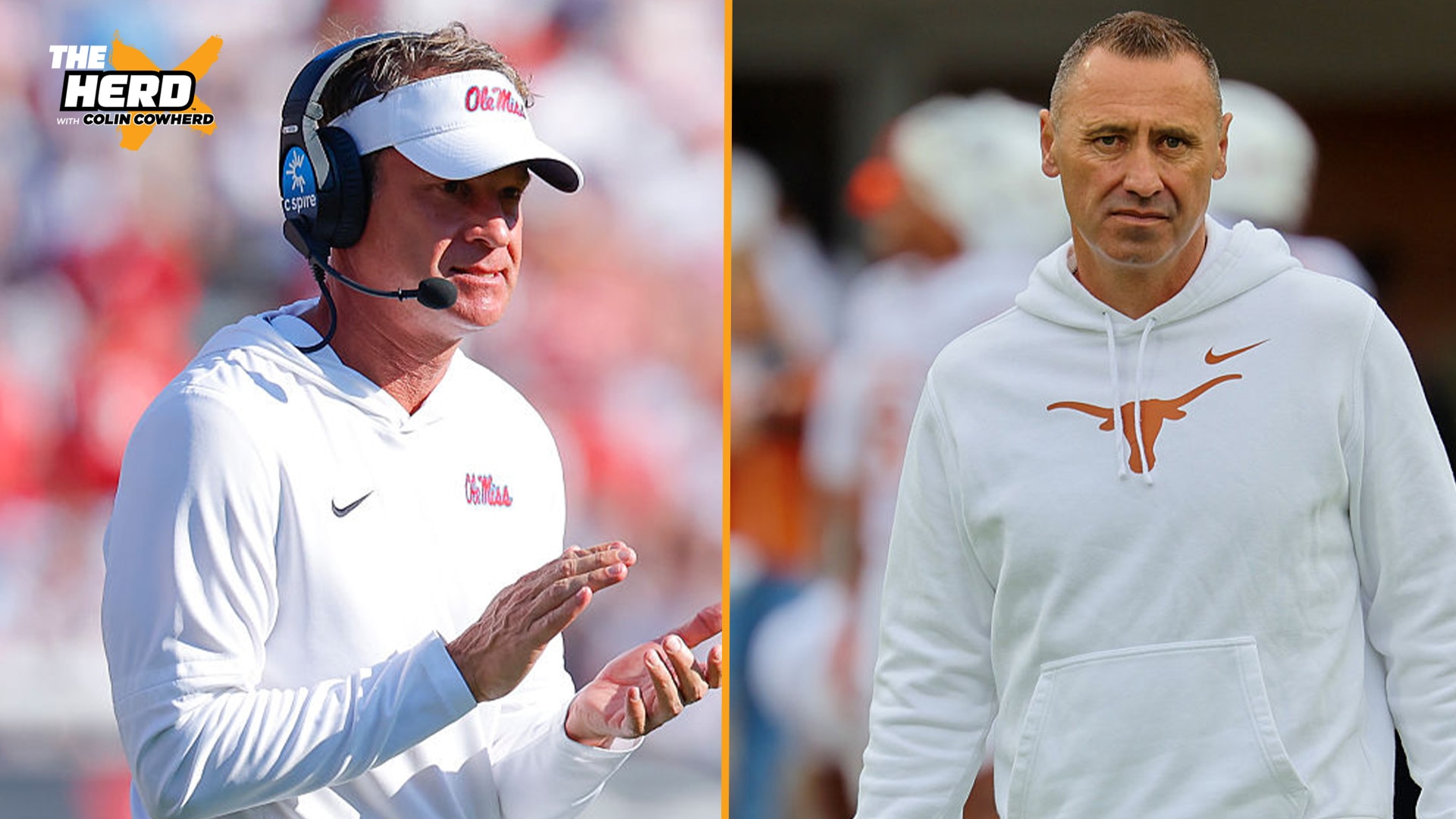Queens Borough President Donovan Richards has what can be called a good problem on his hands.
There is a significant possibility that Queens could be the host of the epicenter of casino gaming in downstate New York. Richards was on the Community Advisory Committees (CAC) that voted to forward the applications of Resorts World and Metropolitan Park to the New York State Gaming Commission’s Gaming Facility Location Board (GFLB).
The two Queens-based proposals are among three finalists for up to three $500 million casino licenses the state agency could award. It is a stark turnaround for the borough, which was rocked by two harrowing events in the last decade-plus in Hurricane Sandy in 2012 and the COVID-19 pandemic in 2020.
“Every time I seem to get elected, it’s due to a disaster,” Richards said wryly in a phone interview with Casino Reports, recalling his election wins to the New York City Council in 2013 and borough president in 2020. “For some reason, the good ol’ lord calls me to lead things whenever there is disaster.”
Now Richards stands at the forefront of what could be a delight with two casino proposals offering seemingly limitless possibilities in terms of tens of thousands of jobs, affordable housing, local tax revenue, a revamped landscape of the borough, and the chance to make Queens a true global destination.
A trusted partner in Cohen
The $8 billion Metropolitan Park proposal for a casino adjacent to Citi Field is fronted by New York Mets owner Steve Cohen and Hard Rock. Richards and Cohen have a long-standing relationship — Cohen offered Citi Field as a testing and vaccination site during the pandemic and also provided the borough with $20 million in grants for local-based businesses.
That relationship came back into play both before and during the CAC process, with Richards looking to extract commitments from Cohen and Hard Rock that would benefit the Queens community. For Richards, that included a focus on minority- and women-based enterprises (MBE/WBE).
“We used a lot of the leverage even before the CAC process to get commitments, sound commitments in writing,” explained Richards, noting Cohen’s team had to go through his office for the required de-mapping to move the proposal forward. “When we got to the CAC process, there were things we only wanted to make sure we shored up.”
That led to Richards discussing the joint conversations that included Cohen and Hard Rock, since, as the borough president put it, “they’re joined at the hip, and that Hard Rock had to answer the hard questions as well.”
“We wanted to make sure that Queens, being the most diverse county, there would be a lot of outreach,” he added. “We wanted to make sure the communities, the [zip codes] surrounding Citi Field, surrounding Metropolitan Park would get first dibs on the opportunities for jobs.”
Resorts World as more than gaming
Richards said he felt closer to the Metropolitan Park process because he was helping “shape it from the ground up,” but added, “I really want to give kudos to both clients for listening. Because I’ve been through this, and it didn’t feel like their plans were being rammed down our throat.”
Resorts World, though, is different because of its incumbent status. He noted the venue is “a known entity, they have a trust built within the community already.”
The familiarity and support were apparent: Resorts World did not need to make any amendments for its host community agreement with the CAC. Then it dramatically raised the stakes earlier this month beyond its eye-popping proposed tax rates of 56% on slot revenue and 30% on table games winnings.
Resorts World specified $2 billion in additional benefits over the course of the 30-year term that raised the total investment of its proposal to $7.5 billion. It included $750 million apiece earmarked for its workforce housing initiative and innovation campus. The latter would also get a $50 million upfront investment for the Kenny “The Jet” Smith Center, something Richards sees as a potential gateway to bigger things.
“But how does all this connect?” he asked rhetorically. “Belmont is going to be developed, now we have an opportunity on that site to also build, as we talk about this affordable housing crisis, to solve for the housing crisis as well. So it’s a very bold and intense plan. But we like bold and intense plans in Queens.”
This town is big enough for the both of them
The elephant in the room when it comes to this part of the casino licensing process is whether all of these three casinos can co-exist without cannibalizing each other’s revenue. When excluding concentrated gaming areas including Atlantic City, the Las Vegas Strip, and Colorado’s three communities, about the only area that draws a viable comparison for three casinos operating in such a close radius is northwest Indiana, where Horseshoe Hammond, Ameristar, and Hard Rock Northern Indiana are all within 15 miles of each other.
Metropolitan Park and Resorts World would be nine miles apart. That is about the same the distance separating Hard Rock Northern Indiana from Ameristar. The only other place with large-scale gaming offering similar proximity would be Foxwoods and Mohegan Sun in Connecticut.
Richards, however, sees two distinct gaming companies with two different target groups that have access to two international airports capable of sharing a big pie.
“Absolutely,” he replied when asked point-blank. “And I’ll tell you why because the math is mathing. It’s two different worlds, it’s two different clientele, right? For Resorts World, they’re closer to Long Island. … You can come over for a night or two nights and coming from JFK [Airport].
“If I’m coming from Connecticut, I’m coming from Manhattan, I’m coming from LaGuardia, my hotel is really 15 minutes from LaGuardia,” Richards continued. “The Mets are playing, the USTA is here. I think there’s a world where [Metropolitan Park] can really turn that into an entertainment hub.”
In the end, it’s about the jobs
Despite all the bells and whistles casinos bring, Richards realizes that the success of these proposals lies in the tens of thousands of jobs either or both casinos can offer to impact the local economy. He recalled Queens losing a chance to host an Amazon headquarters in Long Island City in 2019.
While that proposal would have potentially brought 25,000 jobs to Queens, the public backlash regarding government incentives and the company’s attitude toward unionizing employees proved too much of a headache for Amazon to deal with. This time around, both casino proposals have strong union backing with plenty of construction jobs in addition to permanent casino positions.
And jobs, more than anything else, are what Richards wants for Queens because he knows Queens needs those jobs to thrive.
“I always tell people I didn’t come here to win a popularity contest. I’ll leave that to others,” he said. “But at the end of the day, did we leave this place better than we found it?
“For the single mom in Corona who is struggling right now working a minimum-wage job, this presents an opportunity to literally travel a stop away from her home and be able to work at a world-class arena, world-class hotel, world-class casino, and be home in 15 minutes. This provides an opportunity for those individuals to be a stop away from their home and to stay in their community, live in their community, and work and shop in their community.”

 3 hours ago
5
3 hours ago
5

 #RWsNextChapter #Community pic.twitter.com/JTgtPhlQuy
#RWsNextChapter #Community pic.twitter.com/JTgtPhlQuy









